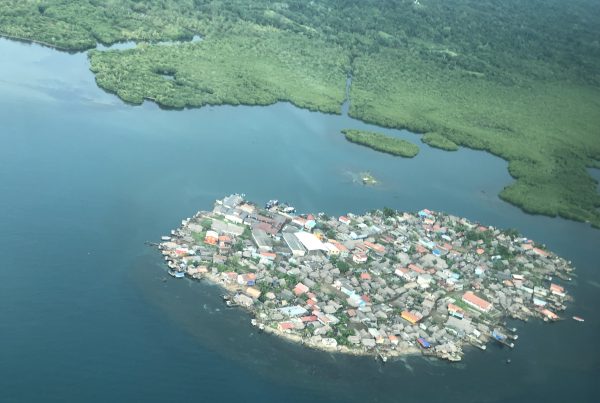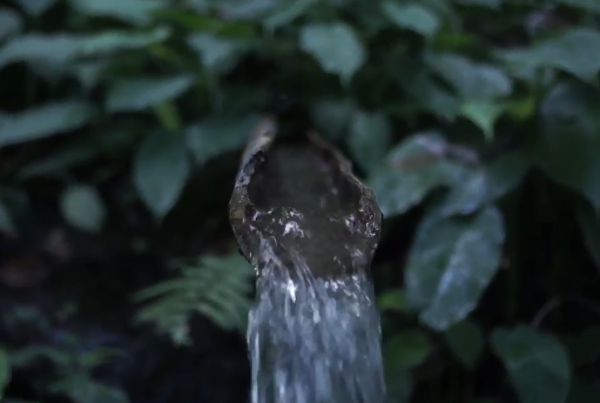The Zenú women of Colombia use their critical knowledge of natural resources and cultural practices in the meaningful space of the front yard, or patio, which survives despite the fragmentation of their ancestral territories over the past three centuries.
The Zenú de San Andrés de Sotavento reserve is located in the Caribbean region of Colombia, and although the Zenú people possessed a land title for 83,000 hectares of land dating from the Colonial era, their territory underwent a series of fragmentations, first at the hands of the Spanish State and then later by the newly established and strengthened Colombian State in the republican era.
Zenú women interact in three fundamental ways with the biodiversity to contribute to the survival and well-being of their people: first, the Zenú front yard is used for raising small animals, fruits, and vegetables for food and to involve children in learning activities; second, dozens of wild and cultivated medicinal plants are used to support the indigenous health system; and third, conservation and sustainable use of wild palms for the production of cultural materials such as construction goods, dyes, ornamentation, firewood, and artisanal creations incorporating centuries-old patterns. Such practices are vital contributions to sustainable agriculture with organic composting, seed selection for greater biodiversity, auto-consumption rather than market dependency, and support for bee populations, among many benefits. They also help maintain, reproduce, and transmit Zenú identity and culture to future generations.
Source: Mujeres Zenu: manejo, uso y conocimiento de la biodiversidad: un aporte a la soberanía alimentaria, la medicina y la cultura material by Astrid Álvarez in Las mujeres indígenas en los escenarios de la biodiversidad.
An indigenous collective in the process of making cakes
Author
- Astrid Álvarez
Ecosystems
- Tropical forests
Topics
- Gender
Type
- Short-form
Date
- This case study forms part of LBO-2, originally released in 2020.



